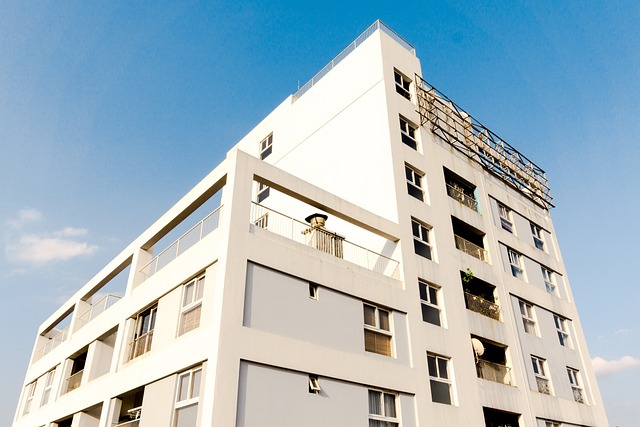
When purchasing a condominium, it’s easy to assume that the inspection process is less critical than it would be for a single-family home. After all, much of the building’s structure and exterior is the responsibility of the homeowners association (HOA), right? While that’s partly true, skipping a private inspection can leave buyers with costly surprises and limited recourse later on. A professional home inspection offers insight, protection, and peace of mind—no matter how new or well-maintained a condo may appear.
Hidden Issues Inside the Unit
A condo inspection focuses on the components that belong to the individual unit—things that the HOA doesn’t maintain or repair. This includes the electrical system, plumbing fixtures, HVAC equipment, windows, doors, and appliances. Even in newer or recently remodeled condominiums, inspectors often uncover hidden issues such as faulty wiring, slow drains, or outdated smoke detectors. These might not be major deal-breakers, but knowing about them before closing allows you to negotiate repairs or budget accordingly.
The Limits of the HOA Inspection
Many buyers assume that an HOA’s reserve studies, maintenance schedules, or prior building inspections eliminate the need for their own. Unfortunately, those documents only address shared systems and structures—like the roof, foundation, elevators, or fire suppression systems. They don’t guarantee that the individual unit is free of defects. A private inspection fills that gap, ensuring that your specific space is safe, functional, and up to code.
Older Buildings, Modern Expectations
In Southern California, a large number of condominiums were built decades ago and have seen multiple rounds of renovations. With that history comes a mix of old and new materials, retrofitted plumbing, and sometimes creative do-it-yourself upgrades by past owners. A seasoned inspector can identify workmanship issues that may not be immediately visible to a buyer or real estate agent. Catching those before closing can prevent future headaches, from water leaks to energy inefficiencies.
Peace of Mind and Negotiation Power
Beyond the technical findings, a thorough inspection empowers buyers during negotiations. The report can serve as a tool to request repairs, secure credits, or even reconsider the offer if significant defects appear. Even when no major issues are found, the inspection provides valuable documentation of the unit’s condition at the time of purchase—a benchmark that can be useful for insurance or resale down the line.
A Smart Investment in a Competitive Market
In today’s fast-moving real estate market, it’s tempting to waive contingencies to make an offer more attractive. However, the modest cost of a private inspection is small compared to potential repair expenses later. Whether it’s a cozy coastal condo or a high-rise downtown, understanding exactly what you’re buying is the best way to protect your investment—and your peace of mind.
An informed buyer is a protected buyer—and a professional inspection is the first step toward that confidence.


Recent Comments